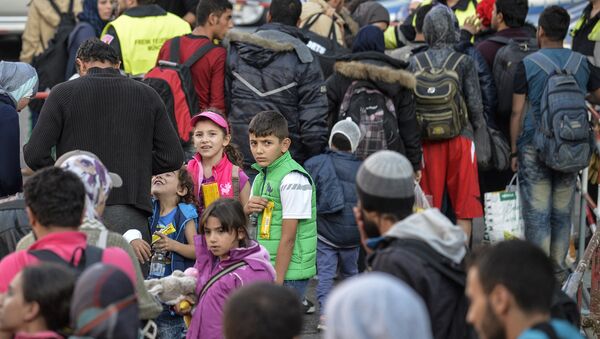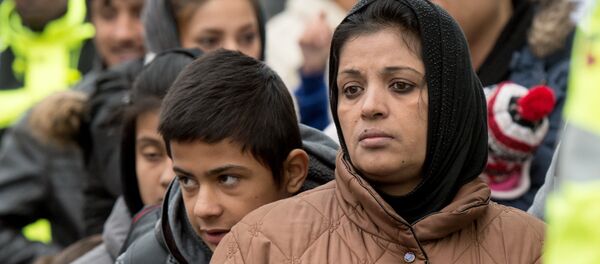Sputnik: What is your particular take on this tendency? Does it come as a surprise to you?
Prof. Susanne Schröter: From 2014 on, when al-Baghdadi proclaimed the so-called caliphate, many young Muslims all over the world were thrilled and fascinated by that idea and went to Iraq and Syria to join the ranks of ISIS*, and that was also true for Germany.
So, from 2014 on, we had an increasing number of young people who moved out of the country; and they are not coming back. Now, the number of returning people, returning jihadists is growing. Salafism in Germany is a youth movement, it’s a [growing] youth movement. It has its own music, own style, own literature, so many young Muslims even convert, turning to that milieu.
The third point is that Germany provided shelter for more than 1 million refugees in 2015. Not all of them were peaceful people, there are some radicals among them, and they are already connected to the Salafi social environment in our country. So, we have that kind of mixed milieu in Germany, and it is quite sure that some of them want to commit attacks, they are potentially violent. So, it is alarming and something has to be done.
Sputnik: Why has this ideology in particular seen an increase in its number of adherents in Germany?
Prof. Susanne Schröter: The challenge is that now we are facing a situation where even young Muslims [whose families arrived 2, 3 or 4 generations ago] are not very well integrated – not all of them of course, but some of them. They don't feel at home in Germany. They feel at home either in the country of origin of their parents or grandparents.
So they are in between: they are extremely vulnerable to radical ideas, and these young guys get attracted by this Salafi ideology, which promises them that they can become heroes in that world, that they are on the right path, that everything is okay with them, but not okay with the majority of people around them. One can understand that these young guys find it very seductive to become part of that milieu, which is in a way an ideal world at the first glance.
READ MORE: Back to Square One: New German Health Minister Backs NGO's Anti-Migrant Move
If they stay in this society for a longer time, they realize (some of them at least) that it is far from being ideal, that there is a lot of pressure in the groups, and, most particularly, the fact of violence. For some of the young guys, this violence prompts them to leave the group again, which is not easy to do – to leave a violent group, as then, you are in danger.
*Daesh (also known as ISIS/ISIL/IS) is a terrorist group banned in Russia
The views expressed in this article are solely those of the speaker and do not necessarily reflect the official position of Sputnik.







